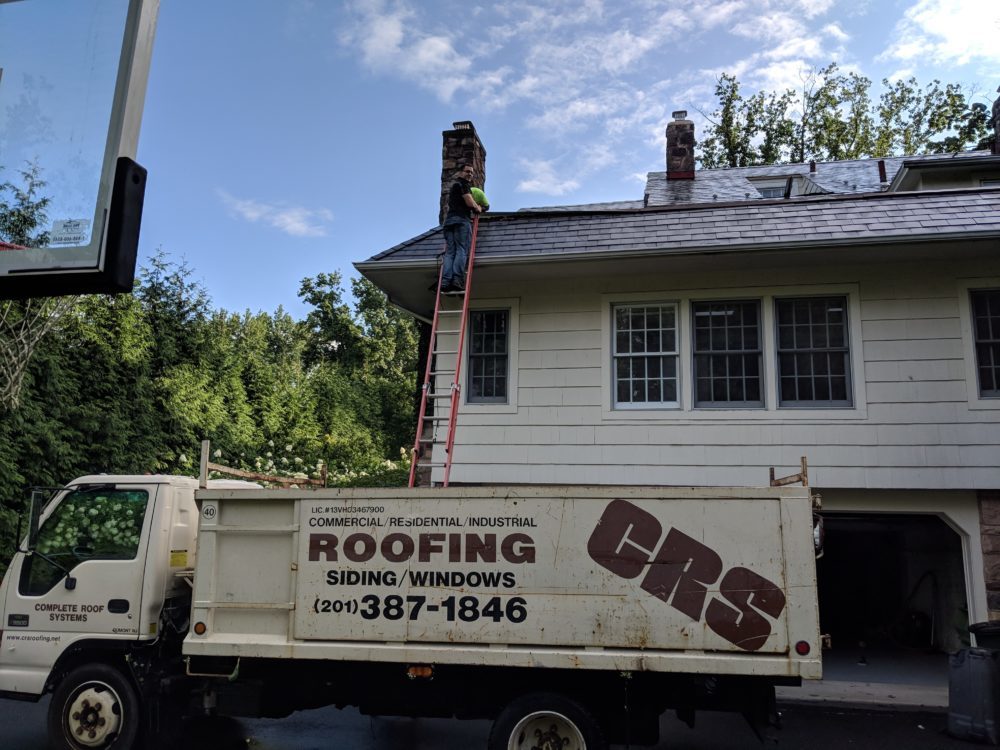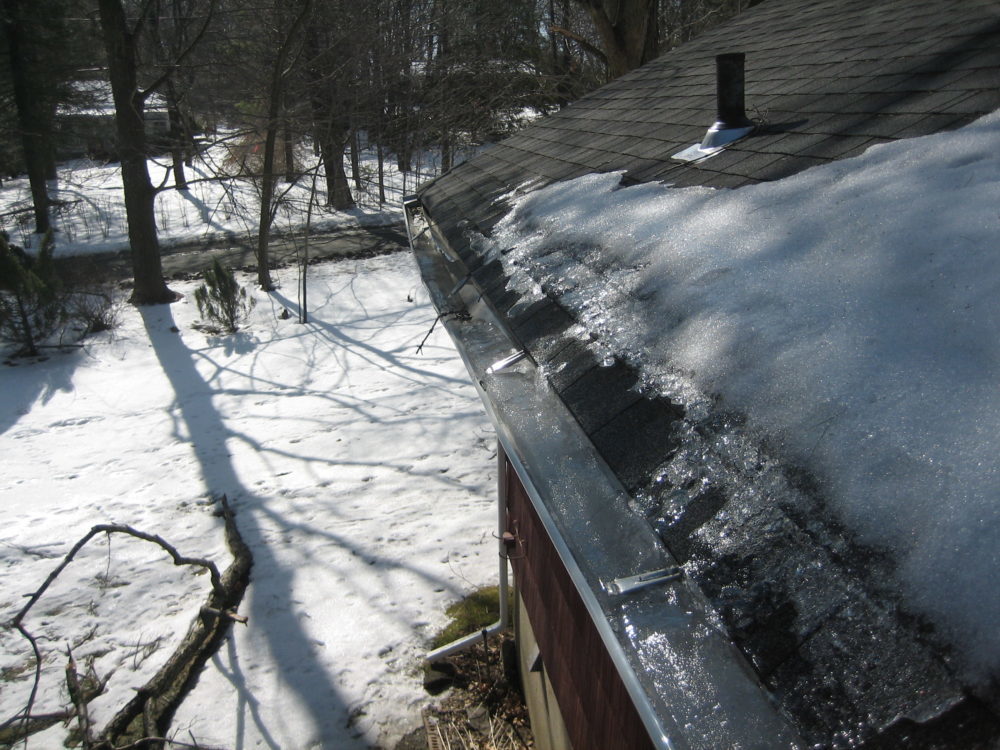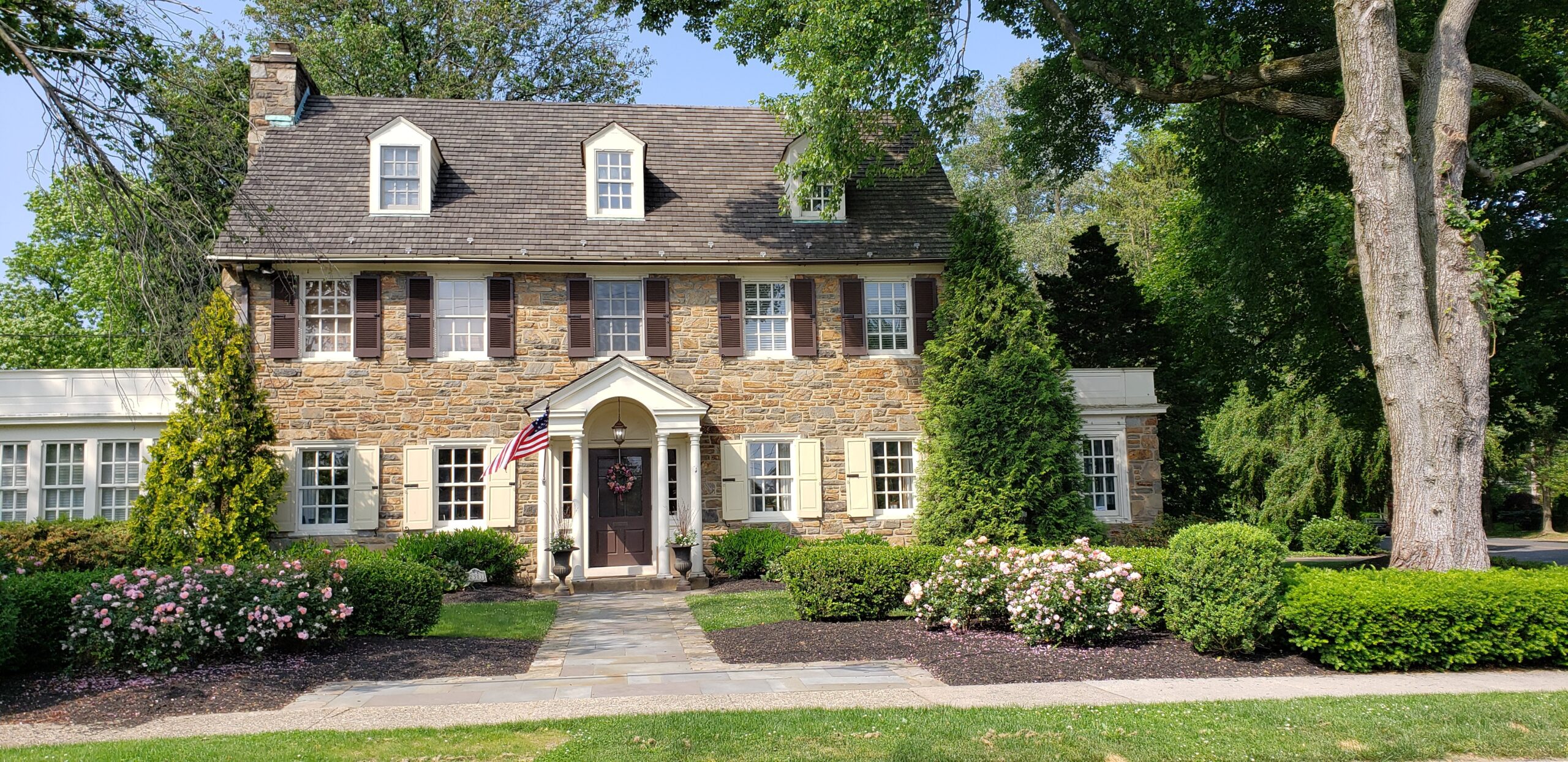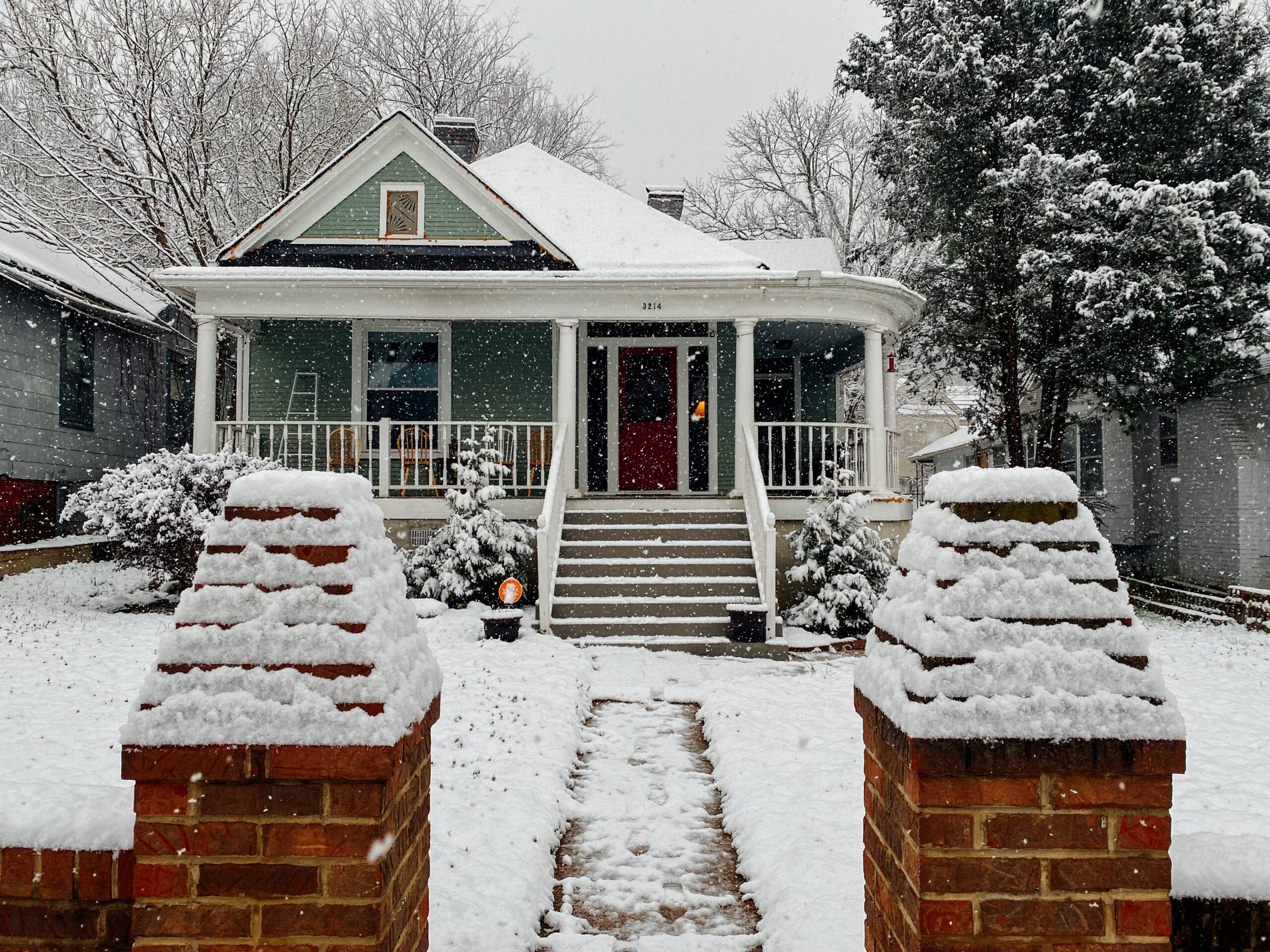The Tri-state area is subject to many kinds of adverse weather, including wind-driven rain and raging blizzards. Your roof system features multiple lines of defense against such threats to your home. Although its importance is often overlooked, the drip edge is one such line of defense. It is a thin strip of metal that protects the otherwise exposed outer-edge of your roof.
Modern asphalt shingles, underlayment and ice/water barriers are all crafted to prevent direct moisture infiltration to the roof deck. However, the edges of your roof remain vulnerable to wind-driven rain and water wicking into crevices from ice damming and accumulating snow. A drip edge is particularly useful in the northern parts of the country repeatedly subject to ice and snow accumulations.
Although a drip edge is typically a simple piece of non-porous sheet metal, you’ll find different types on a wide variety of New Jersey homes. Some include venting to allow air to better circulate through the roof system, while others may have rather ornate borders.
Proper Drip Edge Roof Installation
The Owens Corning website recommends installing a drip edge on all roofs to be covered with asphalt shingles. For a drip edge to properly guide water away from your roof’s components, it must be installed correctly. Specifically, roofing professionals should install a drip edge:
- At all rakes: on top of the underlayment
- At all eaves: below the underlayment
Owens Corning recommends that asphalt shingles overlap the outer edge of the drip edge flashing by ¼ to ¾-inch. However, your roofing contractor needs to be aware of any local NJ code requirements.
It is not always that easy for a New Jersey homeowner to understand the nature of the drip edge installation because they are not necessarily visible from the ground. This is especially true of two and three-story homes. It is best to have a certified roof inspector assess your drip edges and whether they are installed properly.
4 Reasons to Choose a Drip Edge Roof Installation
Since a roof drip edge was optional for decades, many homes in northern New Jersey lack this key roof component, or they have a drip edge that is installed improperly. Here are four important reasons to make sure your roof has a proper drip edge.
1. Current code requirements
While a drip edge was not always necessary by law, a drip edge roof installation is now required by the International Residential Code (IRC) since 2012.
2. Reduce the need for minor or major repairs
Repeated moisture exposure may harm the underlayment, particularly if it is traditional #15 or #30 felt. When water repeatedly moistens wood soffits and fascia, wood rot is a possibility. Soffits are available in many different styles and colors, and from the curb, can replicate a real wood look.
3. Moisture infiltration may cause mold
When wind-driven rain gets into your home through exposed edges of your roof, it is possible for mold to occur in the attic insulation or interior walls. There are a variety of health issues that may arise in the presence of mold. Certain individuals may be more vulnerable. The Center for Disease Control (CDC) says that people with asthma, allergies, or other breathing conditions may be more sensitive to mold.
4. Extend the lifespan of your roof
Water that infiltrates the edge of the roof may cause roof components to deteriorate. At some point, premature wear-and-tear may require such extensive repairs that a full roof replacement may be the better option. Naturally, NJ homeowners always want to know that they are getting the maximum life out of their roof system.
For enhanced protection along the edge of your roof, install an ice/water barrier over the drip edge. This installation will guide any water that gets past the shingles off the roof, even when water backs up during ice damming. To prevent moisture infiltration, it is vital to install ice/water barrier over the drip edge.
Trust a Certified Roofing Contractor

An ideal choice is a reputable, local roofing contractor that’s been factory-certified. Of course, it’s important to understand what “factory-certified” means. Prominent manufacturers like GAF and Owens Corning, identify the relatively few roofing contractors that they trust to install their roofing products according to their strict specifications.
For example, there’s the Owens Corning Preferred Contractor program and the GAF Master Elite Contractor program. These are rather exclusive programs. For example, only about three percent of the nation’s roofers achieve Master Elite status.
Contact CRS for Prompt, Friendly Help
CRS is a full-service roofing contractor proudly serving northern NJ homeowners since 1977. We do everything from routine maintenance and emergency work to structural repairs and full roof replacements. We also address homeowner needs for improved roof ventilation and drip edge roof installations.
CRS is factory-certified by two leading roofing manufacturers: GAF and Owens Corning. Our team of roofing professionals would welcome the opportunity to earn your business.
Please contact us today to arrange for a visit by our certified roof inspector.






